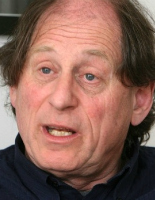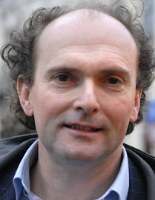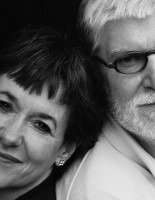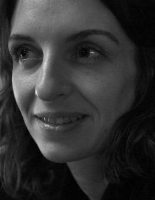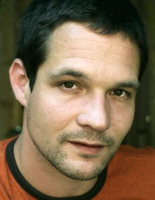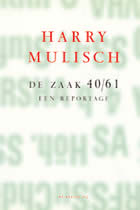
Harry Mulisch - The Criminal Case 40-61: A Report
In 1961, Harry Mulisch went to Jerusalem to report on the trial of Adolf Eichmann, the captured Nazi war criminal. Afterwards he published The Criminal Case 40-61, a disturbing personal essay about the Nazi mass murder of European Jews.
Mulisch takes the leap of speculating on the destructive drive in modern art, which reached its unintended culmination in Auschwitz. But the destructive imagination of the artist did resist the ‘new element whose approach they viewed with alarm’. This new element was embodied in Eichmann, whom Mulisch considers ‘the symbol of Progress’. Eichmann may not even have been a convinced anti-Semite, he was simply carrying out orders, regardless of the moral consequences; he was an anonymous technocrat, a man who stopped at nothing.
Mulisch describes Eichmann as ‘the smallest of men’, behind whom modern technology loomed. The dangers of modern technology, which at their most banal were made manifest in the person of Eichmann, force us to examine and reflect upon ourselves: this may be the person we all see in the mirror. It is the moral questions this raises that Mulisch tries to answer with imagination and sensitivity in The Criminal Case 40/61.
Biography
Harry Mulisch was a one of the Netherlands’ most prominent writers. He was born in 1927 to a Jewish mother and a half-German, half-Austrian father. After his parents divorced in 1937, he was raised by his father’s German housekeeper. Mulisch senior was joint director of a bank that acted as a repository for stolen Jewish funds. ‘I didn’t so much experience the war: I am the Second World War,’ Mulisch wrote famously. He died in 2010, leaving behind a large oeuvre consisting of novels, stories, plays, poetry and nonfiction.
Quotes
- ‘Mulisch is engrossed by the enigma of evil: not the incidental fact of pain, nor even the occasional nastiness of man to man, but the innate vastness of wickedness in the cosmos’. – The Times Literary Supplement
- ‘Provides the reader with an unsettling portrait not only of Eichmann’s character but also of technological precision and expertise. It is a landmark of Holocaust writing.’ – The Independent
